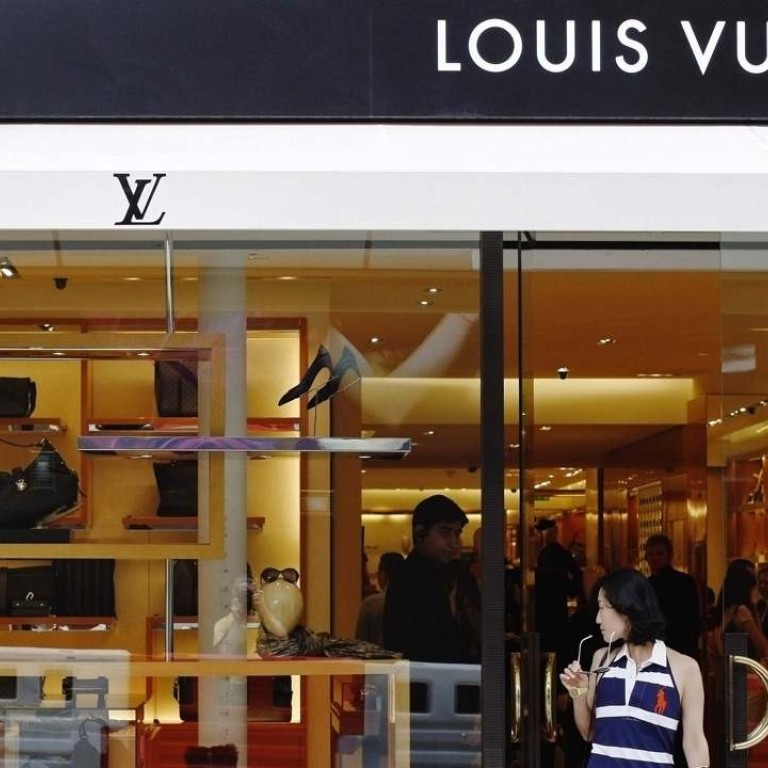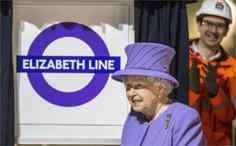
London’s commercial properties on the rise despite currency concerns
International investors accounted for most of last year’s spending on London commercial real estate with £9.7 billion, including around £3 billion from Hong Kong and mainland China
London’s commercial property market is on an upward trend, boosted by surging demand for office space and luxury retail assets, prompting industry players to predict annual investment will exceed last year’s £16.5 billion (HK$177.8 billion).
International investors accounted for the bulk of last year’s spend on London commercial real estate with £9.7 billion, including around £3 billion from Hong Kong and mainland China, according to property group CBRE.
Echoing HSBC’s decision to remain headquartered in London rather than relocate to Hong Kong, analysts said London had “safe haven” status underpinned by a stable political environment, attractive legal framework and track record as an international marketplace.
This year, Chinese investment in London commercial property is on track to reach £1.28 billion in just the first quarter – around two-thirds of that coming from Hong Kong, according to Phil Cann, head of UK retail at CBRE.
Although last year’s total investment fell below 2014 levels – when it exceeded £20 billion, roughly in line with its 2007 peak – city office investment hit its highest ever levels.
CBRE said the luxury retail sector is heating up, too. “We have on average about £2 billion of retail assets trade each year; last year it was £3.2 billion,” Cann said.
Supply is restricted, demand is very strong, and we’re seeing huge multi-million pound deals for key leases
Prime retail locations like Bond Street, Mount Street, Covent Garden and Marylebone have averaged double digit annual rental growth over the past 10 years, although rental yields are at a “quite challenging” 2.5 to 4 per cent, according to Cann.
Hong Kong property investor Lai Wing-to, who has investments in London, said newcomers should be more selective as prices in the city have risen a lot in the past few years. Lai expects the British pound to weaken further but remain within a five per cent range.
But he agreed that London, as an international city, remains attractive in the long-run. “The city attracts international buyers, it is not seriously affected by the nationwide economy,” he said.
Lai bought a shop on Oxford Street for about HK$400 million. “Some Asian and Russian investors offered me HK$1.2 billion for the shop. I am considering,” he said.
CBRE’s Cann said: “Luxury is still very active in London. For Bond Street there are between 30 and 35 unsatisfied requirements for new stores. Supply is restricted, demand is very strong, and we’re seeing huge multi-million pound deals for key leases.”
Major retailers are increasingly investing in trading locations – one in four Bond Street properties is now owned by the retailer, up from less than 10 per cent a decade ago – further shrinking supply at the top of the retail property market.
But the scheduled 2018 and 2019 opening of new Crossrail routes – connecting eastern London with Heathrow in the west via the city centre – is expected to nurture rising locations like Tottenham Court Road, where CBRE forecasts foot traffic to triple.

Manchester on the back of infrastructure development and the introduction of daily flights to China.
The lower British pound has attracted overseas money but, with sterling hovering around a seven-year low and predictions that it could plunge to historic depths if the UK leaves the European Union, currency fluctuations could give international investors pause.
“At the moment there may be some caution, but the money is still there and still wants to invest in the UK. What it will probably do is take a breath and wait and see which way sterling goes,” Cann said.
With simmering speculation that London’s housing bubble is primed to burst, Cann said although a housing crash might affect general economic confidence there was “very little linkage between the buyers” of commercial and residential property.
Additional reporting by Peggy Sito


